We are not supposed to have lynchings in 2020. Ahmaud Arbery was jogging in a neighborhood in Brunswick, Georgia. He was shot and killed by Gregory McMichael and Travis McMichael, a white former policeman and his son. He was a Black young man doing nothing more than running on February 23. He was exercising on his day off, maybe in the “wrong” neighborhood. He was killed in cold blood, shot like a hunted animal. Runners/Joggers all over are running, jogging, and walking 2.23 miles in his honor. #IrunwithAhmaud is the hashtag.
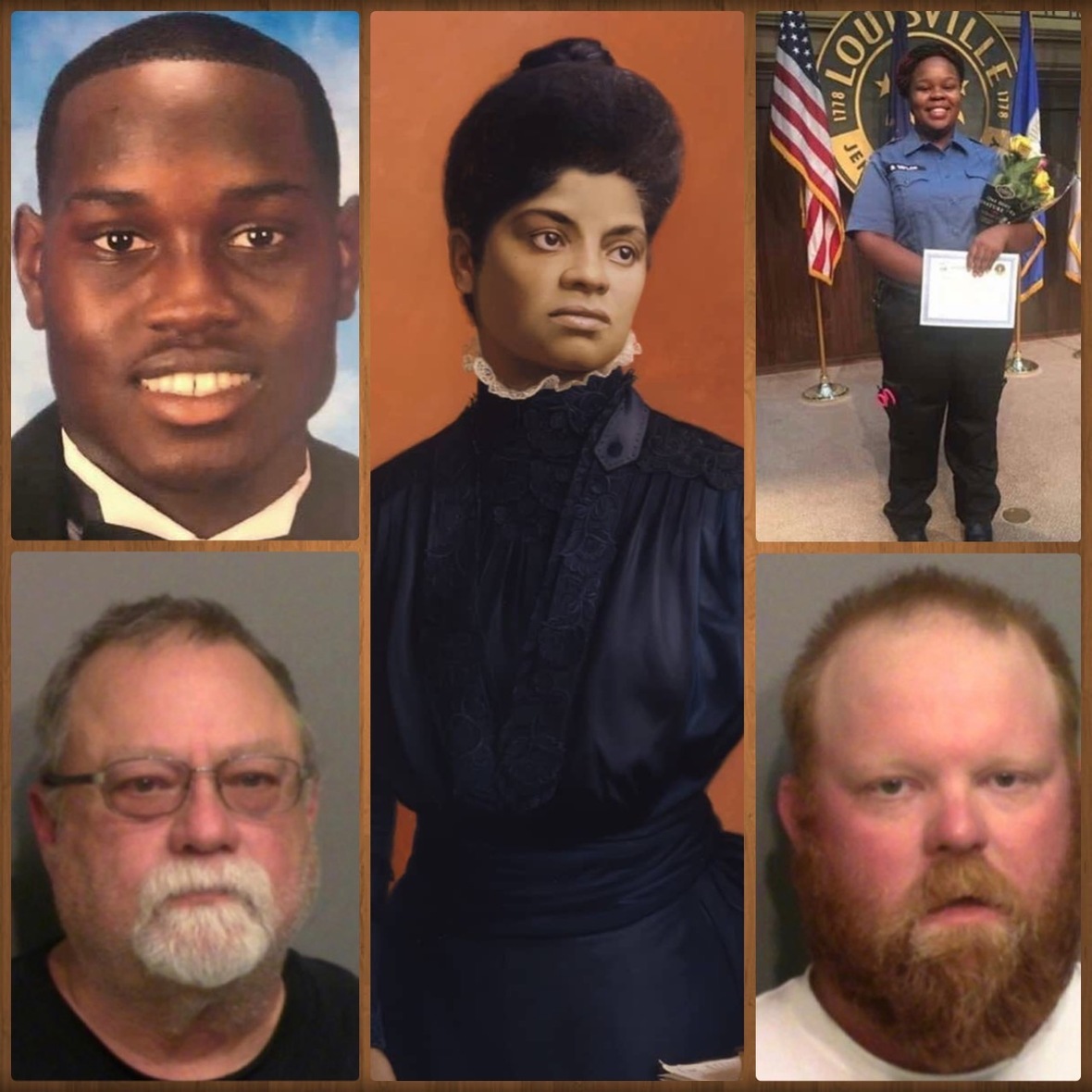
The white former policeman says he looked suspicious and there had been robberies in the neighborhood. Therefore he was a Black man running. In 2020 you think such a killing could not, would not happen. The murder was caught on video and posted on Facebook and without doubt it is cold-blooded murder. Lynching of a sort. Why? Because he was a Black male and for some reason white male fear takes over. Why?
And then there is another case of a Black woman, Breonna Taylor, an emergency medical technician, 26 years old shot in her bed in her Louisville, Kentucky home. She was shot 8 times by police officers who entered her home. They entered looking for someone who was already in custody. Her boyfriend fired back in self-defense because the police were unannounced and he believed the officers were burglars. Yet another Black incident. Go figure.
Ida B. Wells has been awarded a Pulitzer Prize, 89 years after her death, for her writings on lynching. She was the foremost writer/thought leader of her day on the subject. I thought we should read her words today as she wrote about these horrible American killings. She is recognized in 2020 long after her death where lynching type killings still occur.
The Emmitt Till Anti-Lynching Act
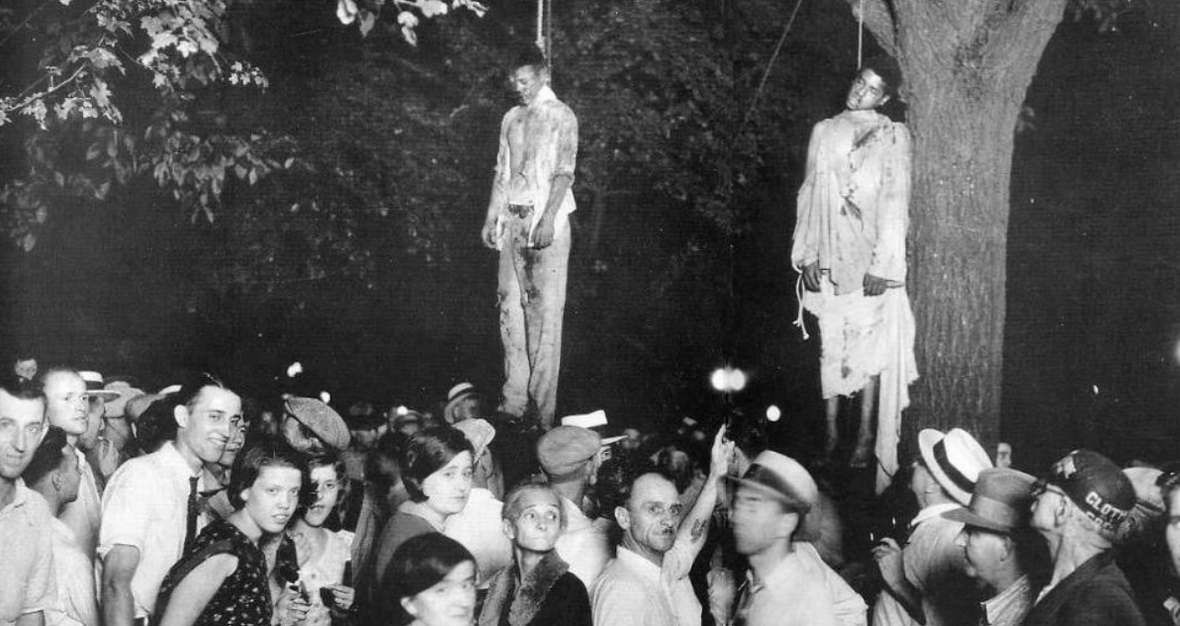
Rev. Jesse Jackson pointed out to Congressman Bobby Rush, that there was not a federal law against the hate crime of lynching. This year, Congressman Bobby Rush introduced a bill to make lynching a federal crime for the first time in American history. The House passed this bill, after nearly 200 attempts from Congress. He notes in the bill that at least 4,742 people, predominantly African Americans, were lynched between 1882 to 1968, and 99 percent of perpetrators were not punished by state and local law.
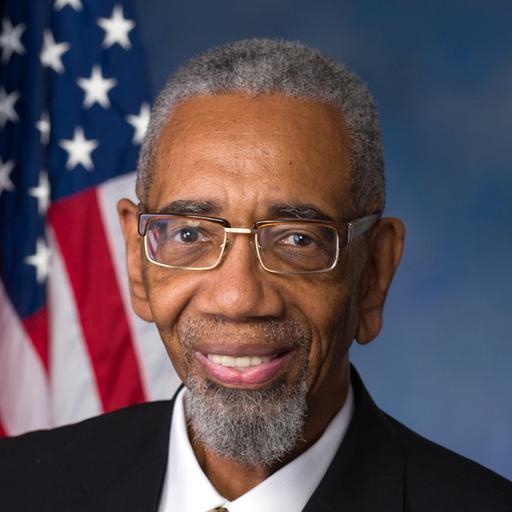
A lynching, as described by House Majority Leader Steny Hoyer, is “the premeditated, extrajudicial killing by a mob or group of people to instill fear.” Rush’s legislation would also classify it as a conspiracy between two or more people to violate specific tenets of US law, including committing a hate crime. Perhaps the murder of Mr. Arbery will be the first case of the anti-lynching bill.
Ida B. Wells on Lynchings
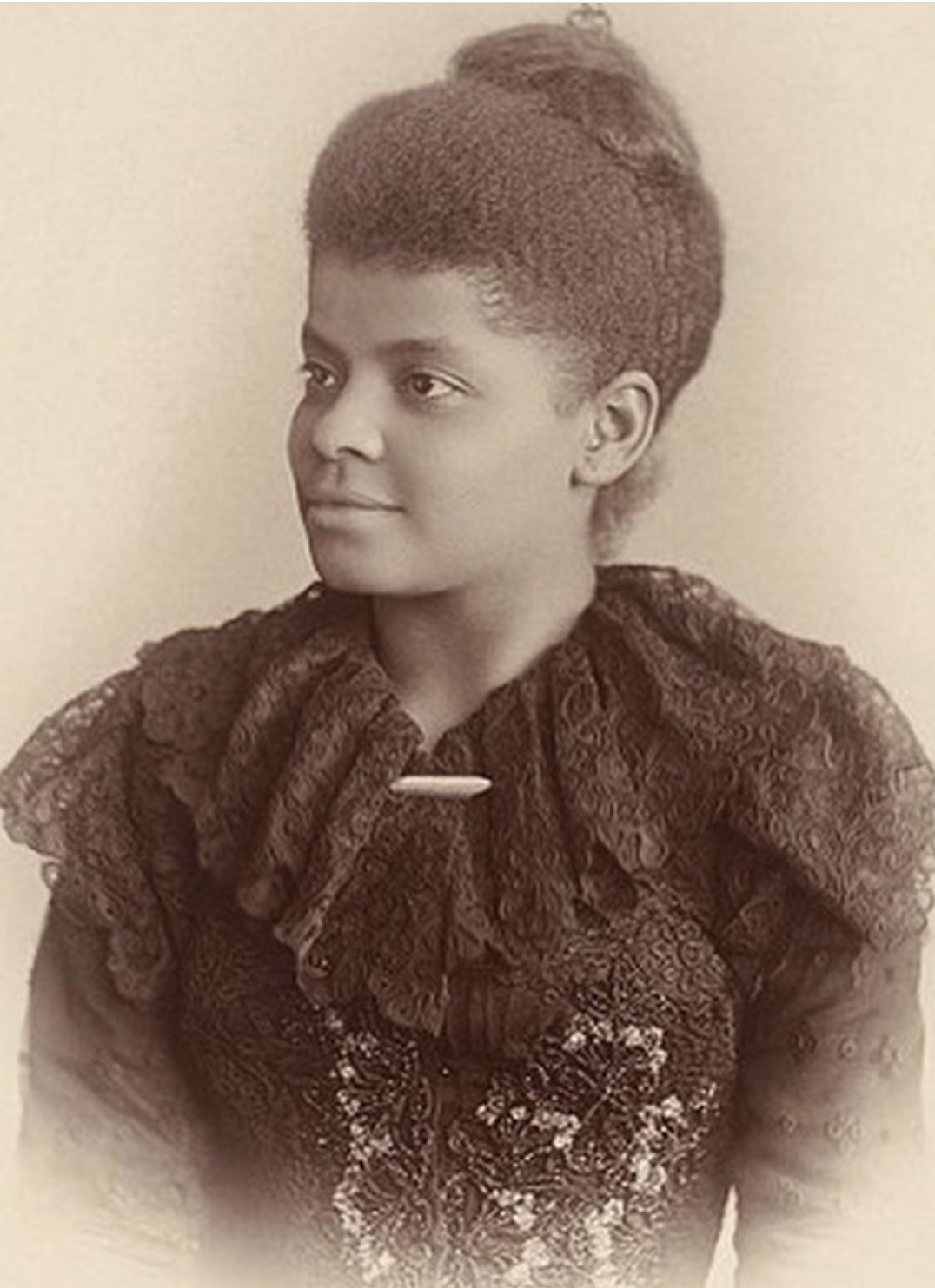
Ida B. Wells, the Black woman journalist, said, “our country’s national crime is lynching. She was a lone voice and wrote for the Memphis Free Speech. Her words on lynching ring true today.
She gave this speech on Lynching to a Chicago audience in January 1900. This is what she said in part:
“Our country’s national crime is lynching. It is not the creature of an hour, the sudden outburst of uncontrolled fury, or the unspeakable brutality of an insane mob. It represents the cool, calculating deliberation of intelligent people who openly avow that there is an “unwritten law” that justifies them in putting human beings to death without complaint under oath, without trial by jury, without opportunity to make defense, and without right of appeal.
Those were busy days of busy men. They had no time to give the prisoner a bill of exception or stay of execution. The only way a man had to secure a stay of execution was to behave himself. Judge Lynch was original in methods but exceedingly effective in procedure. He made the charge, impaneled the jurors, and directed the execution. When the court adjourned, the prisoner was dead. Thus lynch law held sway in the far West until civilization spread into the Territories and the orderly processes of law took its place. The emergency no longer existing, lynching gradually disappeared from the West.
But the spirit of mob procedure seemed to have fastened itself upon the lawless classes, and the grim process that at first was invoked to declare justice was made the excuse to wreak vengeance and cover crime. It next appeared in the South, where centuries of Anglo-Saxon civilization had made effective all the safeguards of court procedure. No emergency called for lynch law. It asserted its sway in defiance of law and in favor of anarchy. There it has flourished ever since, marking the thirty years of its existence with the inhuman butchery of more than ten thousand men, women, and children by shooting, drowning, hanging, and burning them alive. Not only this, but so potent is the force of example that the lynching mania has spread throughout the North and middle West. It is now no uncommon thing to read of lynchings north of Mason and Dixon’s line, and those most responsible for this fashion gleefully point to these instances and assert that the North is no better than the South.
This is the work of the “unwritten law” about which so much is said, and in whose behest butchery is made a pastime and national savagery condoned. The first statute of this “unwritten law” was written in the blood of thousands of brave men who thought that a government that was good enough to create a citizenship was strong enough to protect it. Under the authority of a national law that gave every citizen the right to vote, the newly-made citizens chose to exercise their suffrage. But the reign of the national law was short-lived and illusionary. Hardly had the sentences dried upon the statute-books before one Southern State after another raised the cry against “negro domination” and proclaimed there was an “unwritten law” that justified any means to resist it.
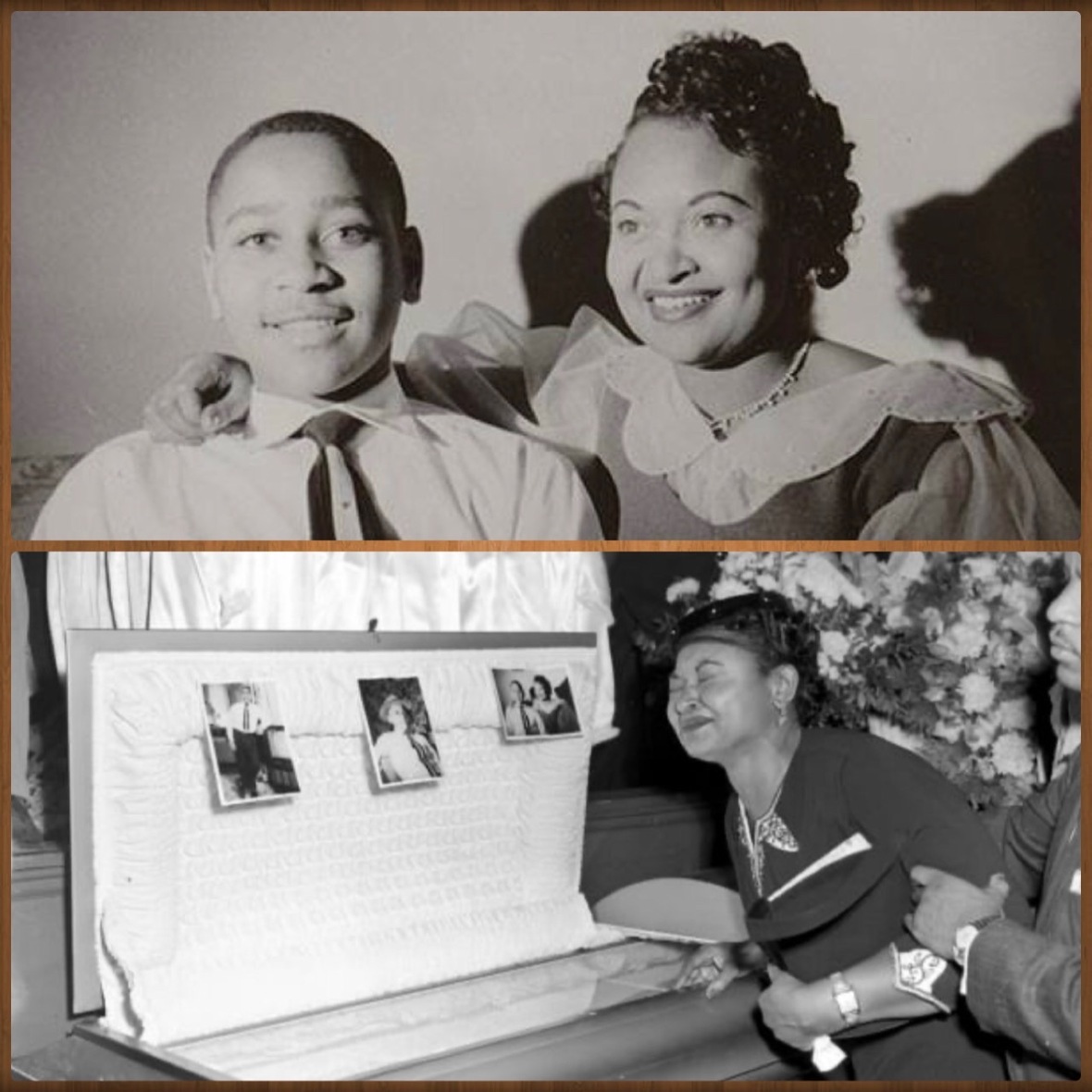
The method then inaugurated was the outrages by the “red-shirt” bands of Louisiana, South Carolina, and other Southern States, which were succeeded by the Ku-Klux Klans. These advocates of the “unwritten law” boldly avowed their purpose to intimidate, suppress, and nullify the negro’s right to vote. In support of its plans the Ku-Klux Klans, the “red-shirt” and similar organizations proceeded to beat, exile, and kill negroes until the purpose of their organization was accomplished and the supremacy of the “unwritten law” was effected.
Thus lynchings began in the South, rapidly spreading into the various States until the national law was nullified and the reign of the “unwritten law” was supreme. Men were taken from their homes by “red-shirt” bands and stripped, beaten, and exiled; others were assassinated when their political prominence made them obnoxious to their political opponents; while the Ku-Klux barbarism of election days, reveling in the butchery of thousands of colored voters, furnished records in Congressional investigations that are a disgrace to civilization.
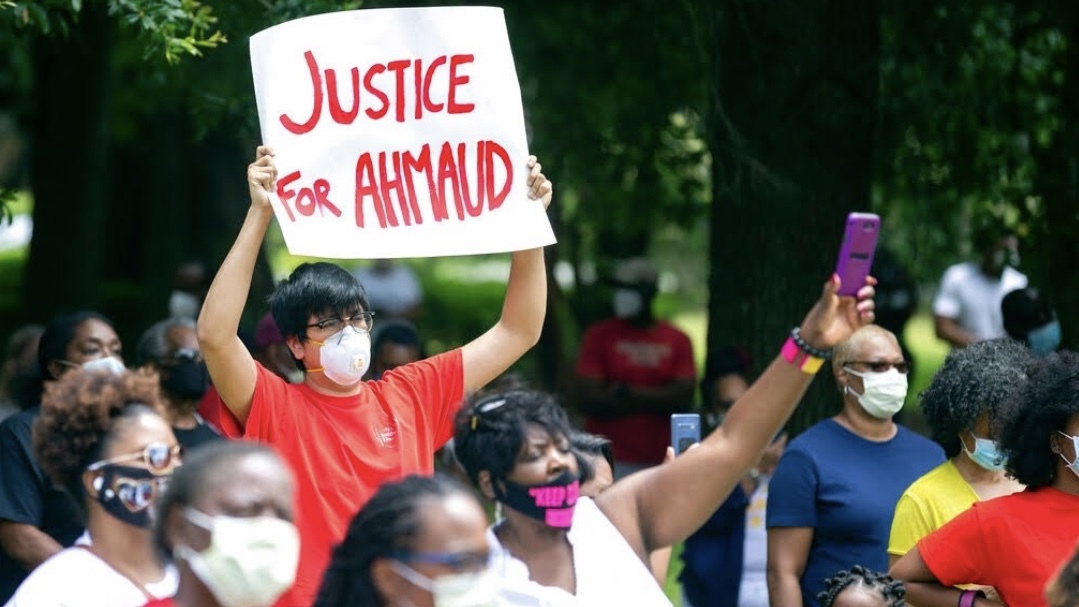
The alleged menace of universal suffrage having been avoided by the absolute suppression of the negro vote, the spirit of mob murder should have been satisfied and the butchery of negroes should have ceased. But men, women, and children were the victims of murder by individuals and murder by mobs, just as they had been when killed at the demands of the “unwritten law” to prevent “negro domination.”
Negroes were killed for disputing over terms of contracts with their employers. If a few barns were burned some colored man was killed to stop it. If a colored man resented the imposition of a white man and the two came to blows, the colored man had to die, either at the hands of the white man then and there or later at the hands of a mob that speedily gathered. If he showed a spirit of courageous manhood he was hanged for his pains, and the killing was justified by the declaration that he was a “saucy nigger.”
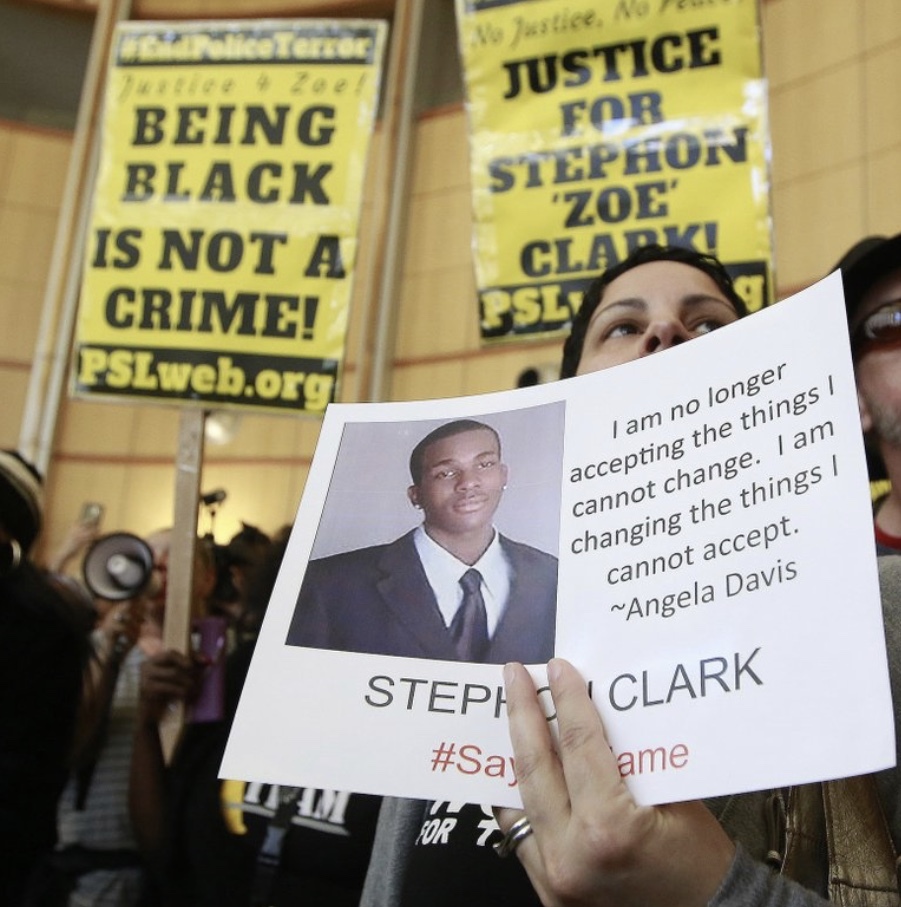
Colored women have been murdered because they refused to tell the mobs where relatives could be found for “lynching bees.” Boys of fourteen years have been lynched by white representatives of American civilization. In fact, for all kinds of offenses–and, for no offenses–from murders to misdemeanors, men and women are put to death without judge or jury; so that, although the political excuse was no longer necessary, the wholesale murder of human beings went on just the same. A new name was given to the killings and a new excuse was invented for so doing.
Again the aid of the “unwritten law” is invoked, and again it comes to the rescue. During the last ten years a new statute has been added to the “unwritten law.” This statute proclaims that for certain crimes or alleged crimes no negro shall be allowed a trial; that no white woman shall be compelled to charge an assault under oath or to submit any such charge to the investigation of a court of law.
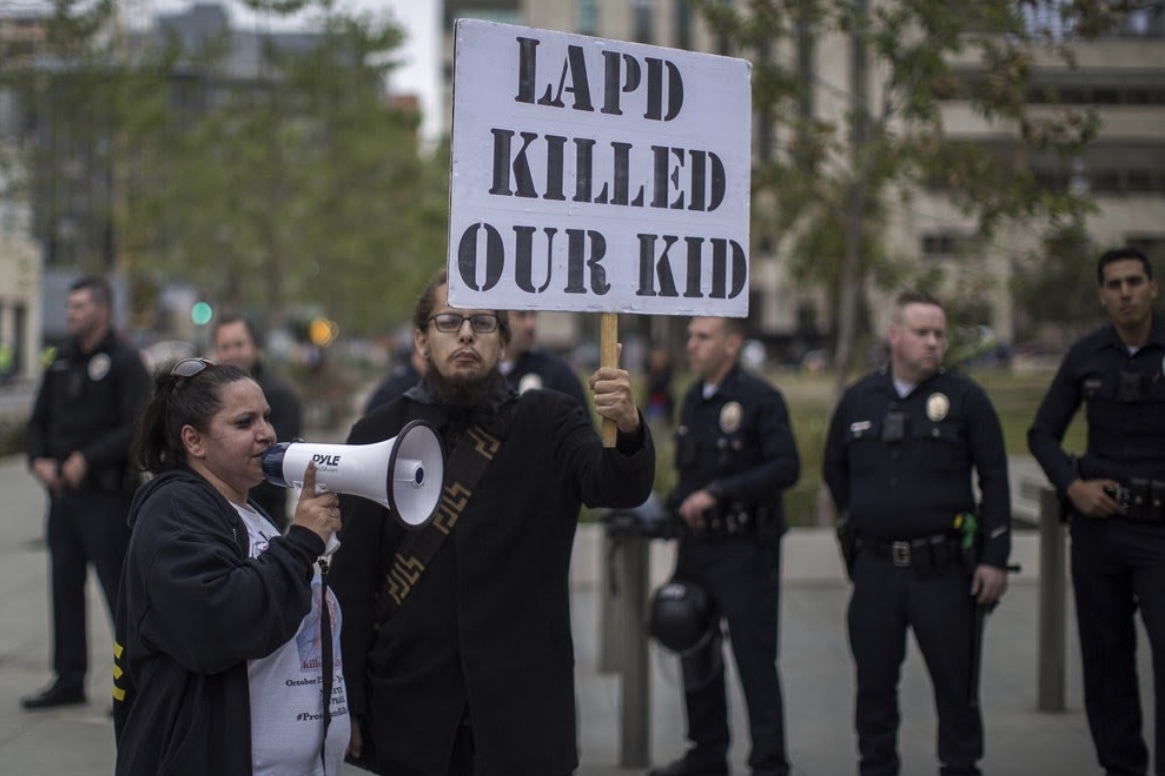
The result is that many men have been put to death whose innocence was afterward established; and to-day, under this reign of the “unwritten law,” no colored man, no matter what his reputation, is safe from lynching if a white woman, no matter what her standing or motive, cares to charge him with insult or assault.
Not only are two hundred men and women put to death annually, on the average, in this country by mobs, but these lives are taken with the greatest publicity. In many instances the leading citizens aid and abet by their presence when they do not participate, and the leading journals inflame the public mind to the lynching point with scare-head articles and offers of rewards. Whenever a burning is advertised to take place, the railroads run excursions, photographs are taken, and the same jubilee is indulged in that characterized the public hangings of one hundred years ago.
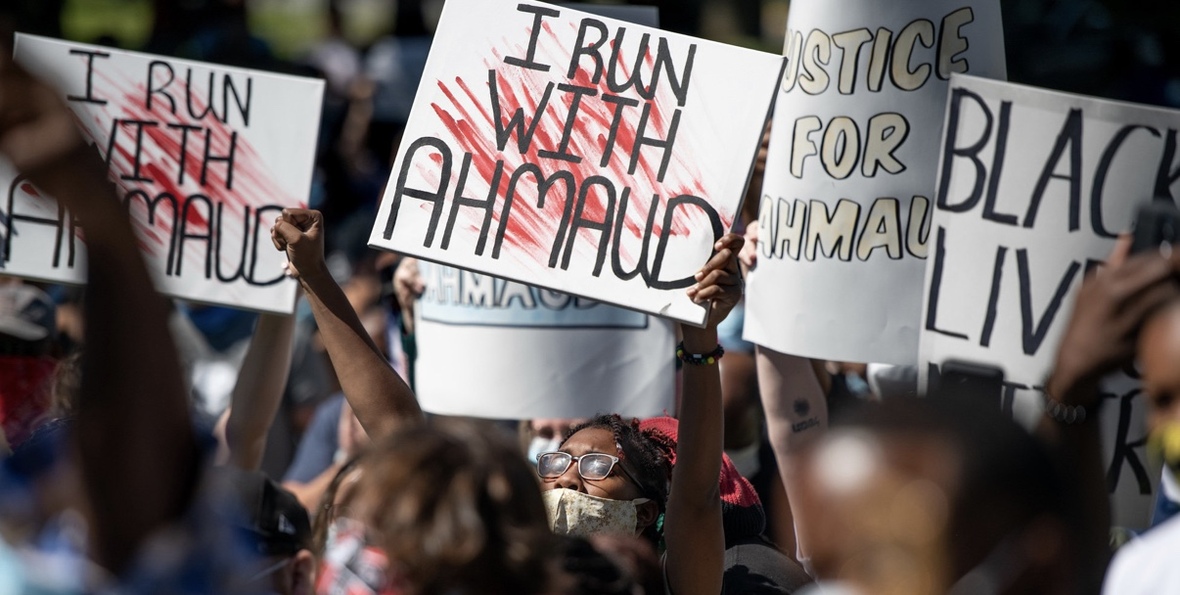
There is, however, this difference: in those old days the multitude that stood by was permitted only to guy or jeer. The nineteenth century lynching mob cuts off ears, toes, and fingers, strips off flesh, and distributes portions of the body as souvenirs among the crowd. If the leaders of the mob are so minded, coal-oil is poured over the body and the victim is then roasted to death. This has been done in Texarkana and Paris, Tex., in Bardswell, Ky., and in Newman, Ga.
In Paris the officers of the law delivered the prisoner to the mob. The mayor gave the school children a holiday and the railroads ran excursion trains so that the people might see a human being burned to death. In Texarkana, the year before, men and boys amused themselves by cutting off strips of flesh and thrusting knives into their helpless victim. At Newman, Ga., of the present year, the mob tried every conceivable torture to compel the victim to cry out and confess, before they set fire to the faggots that burned him. But their trouble was all in vain–he never uttered a cry, and they could not make him confess.
The Chicago Tribune, which publishes annually lynching statistics, is authority for the following: In 1892, when lynching reached high-water mark, there were 241 persons lynched. The entire number is divided among the following States:
Alabama……… 22 Montana………. 4
Arkansas…….. 25 New York……… 1
California…… 3 North Carolina… 5
Florida……… 11 North Dakota….. 1
Georgia……… 17 Ohio…………. 3
Idaho……….. 8 South Carolina… 5
Illinois…….. 1 Tennessee…….. 28
Kansas………. 3 Texas………… 15
Kentucky…….. 9 Virginia……… 7
Louisiana……. 29 West Virginia…. 5
Maryland…….. 1 Wyoming………. 9
Arizona Ter…. 3 Missouri………. 6
Mississippi….. 16 Oklahoma……… 2
Of this number, 160 were of negro descent. Four of them were lynched in New York, Ohio, and Kansas; the remainder were murdered in the South. Five of this number were females. The charges for which they were lynched cover a wide range. They are as follows:
Rape……………… 46 Attempted rape…… 11
Murder……………. 58 Suspected robbery… 4
Rioting…………… 3 Larceny…………. 1
Race Prejudice…….. 6 Self-defense…….. 1
No cause given…….. 4 Insulting women…. 2
Incendiarism………. 6 Desperadoes……… 6
Robbery…………… 6 Fraud…………… 1
Assault and battery… 1 Attempted murder…. 2
No offense stated, boy and girl………….. 2
Indeed, the record for the last twenty years shows exactly the same or a smaller proportion that have been charged with this horrible crime. Quite a number of the one-third alleged cases of assault that have been personally investigated by the writer have shown that there was no foundation in fact for the charges; yet the claim is not made that there were no real culprits among them.
The Negro has been too long associated with the white man not to have copied his vices as well as his virtues. But the negro resents and utterly repudiates the efforts to blacken his good name by asserting that assaults upon women are peculiar to his race. The negro has suffered far more from the commission of this crime against the women of his race by white men than the white race has ever suffered through his crimes. Very scant notice is taken of the matter when this is the condition of affairs. What becomes a crime deserving capital punishment when the tables are turned is a matter of small moment when the negro woman is the accusing party.”
Source: Wells-Barnett, Ida B. “Lynch Law in America.” The Arena 23, 1 (1900): 15-24.
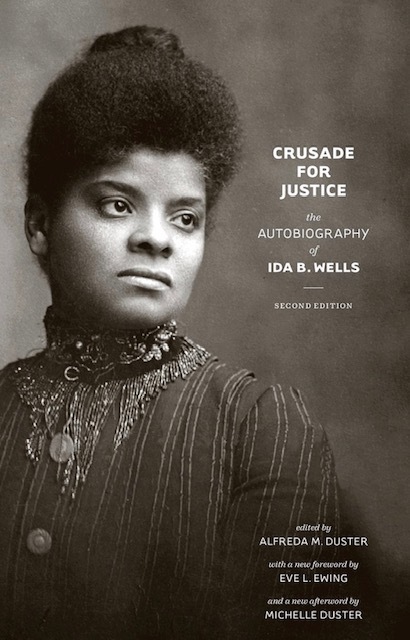


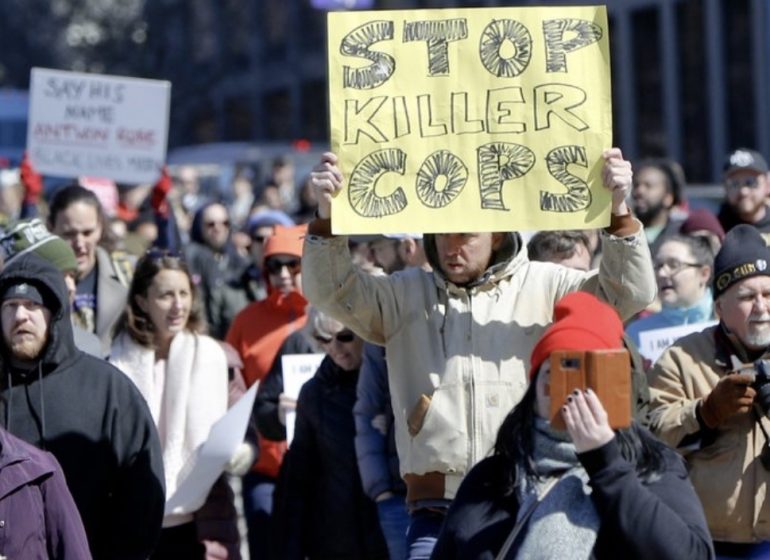





Congresspeople Oscar De Priest and George Henry White were involved with anti-lynching bills. 😑
Obviously, neither passed back then, ☹️
It’s not just USA, there’s severe mistreatment of Blacks, by police, military and mobs in Haiti, Nigeria, Democratic Republic of Congo, South Africa, Zimbabwe, Libya, Sudan and South Sudan? ☹️😮